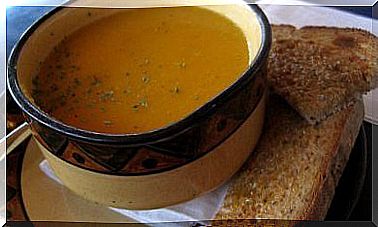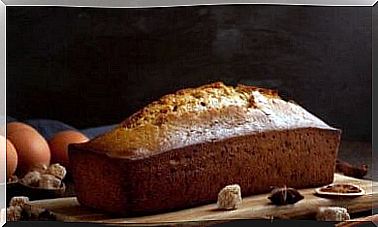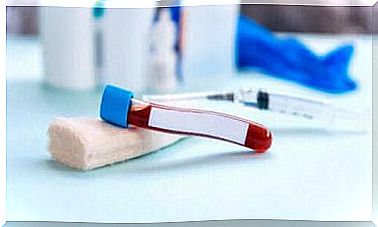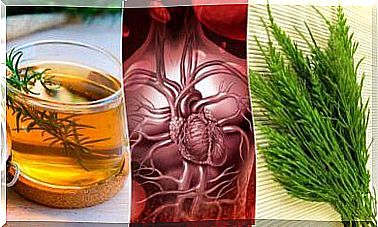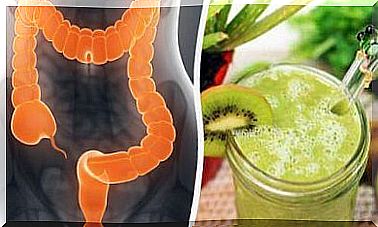6 Foods To Raise Good Cholesterol
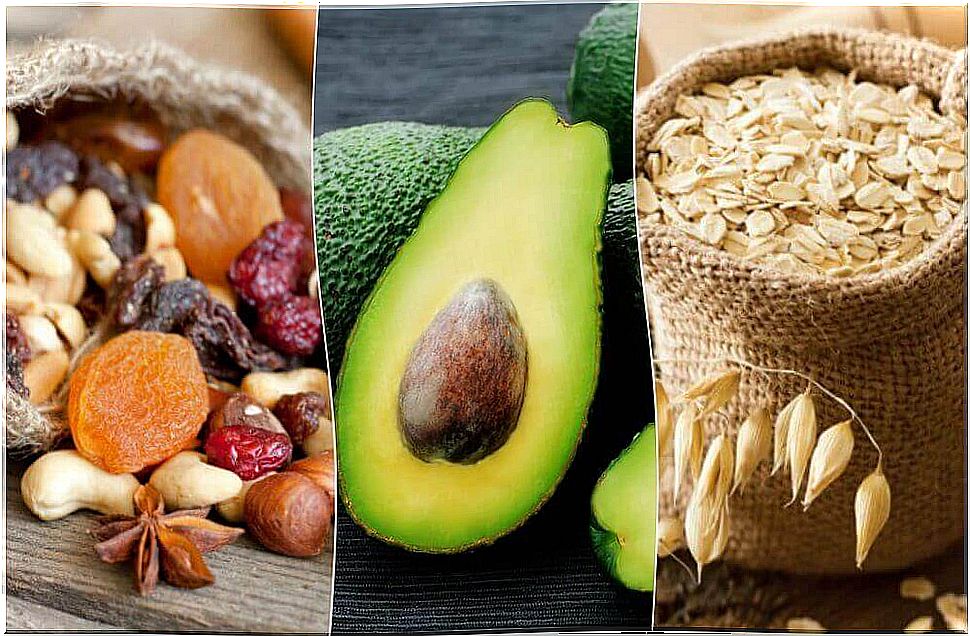
High-density lipoproteins, also known as good cholesterol (HDL), are fats that help get rid of the excess bad cholesterol (LDL) that has built up in your arteries. In this article, we’ll tell you all about the top six foods to increase good cholesterol.
This type of cholesterol is rich in phospholipids, which attract fat and cholesterol particles into your arteries and prevent the formation of harmful plaque.
Recommended levels of good cholesterol are between 40 and 60 mg/dl. Unlike other lipids , this type of cholesterol poses no health risk if you exceed that amount.
Benefits of Good Cholesterol
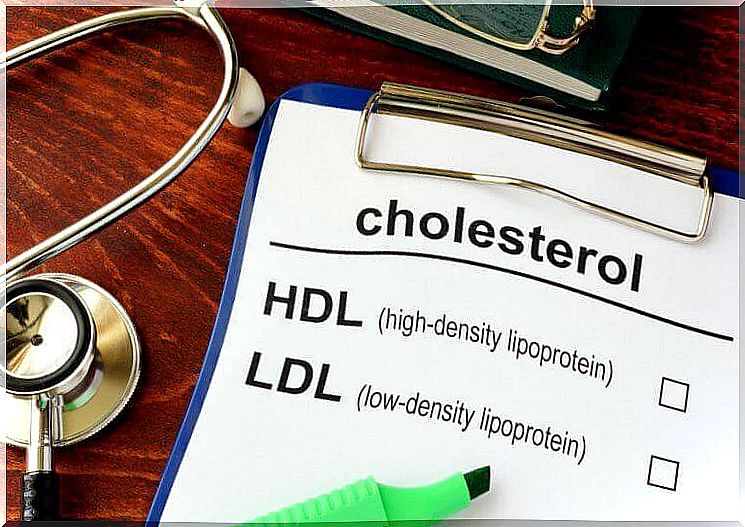
Getting enough good cholesterol through your diet can have important benefits for your cardiovascular health. Some of its main benefits include the fact that it helps to:
- remove the bad cholesterol (LDL) that builds up in the arteries.
- fight atherosclerosis.
- prevent heart disease.
- prevent heart attacks and strokes.
- enable your body to produce vitamin D and bile. Bile facilitates the digestion of the food you eat.
Foods That Raise Good Cholesterol (HDL)
In general, eating foods rich in monounsaturated fatty acids can help raise good cholesterol (HDL) and reduce the risk of cardiovascular disease.
Before we tell you which foods those are, though, it’s important to note that you may need to make some dietary changes. This is especially true if you already eat a lot of foods that are high in trans fats and cholesterol. So without further ado, here are some foods that can help.
1. Nuts
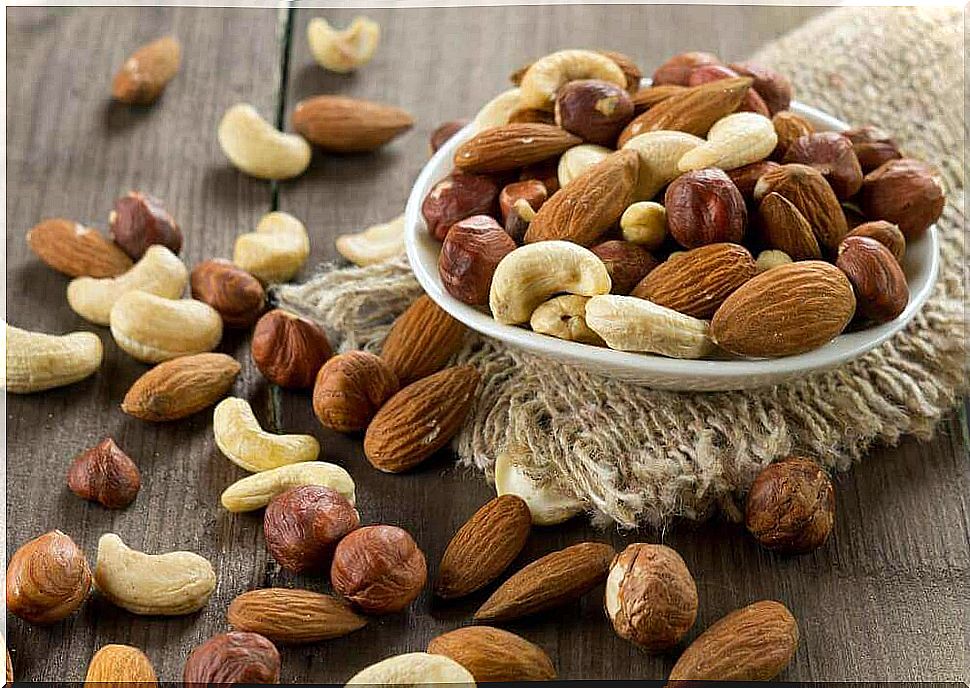
Walnuts, almonds and other types of nuts contain a moderate amount of omega-3 fatty acids and dietary fiber, two important nutrients that increase and improve your absorption of good cholesterol (HDL).
- It’s a good idea to eat about seven nuts a day.
- Eat them plain as a snack or added to your breakfast.
2. Legumes
Healthy legumes such as lentils, chickpeas and beans contain a high concentration of omega-3 fatty acids and lecithin. These raise the good cholesterol and lower the bad cholesterol.
- Ideally, you should add them to your diet at least three times a week.
- However, you can consume legumes in small portions every day.
3. Olive oil
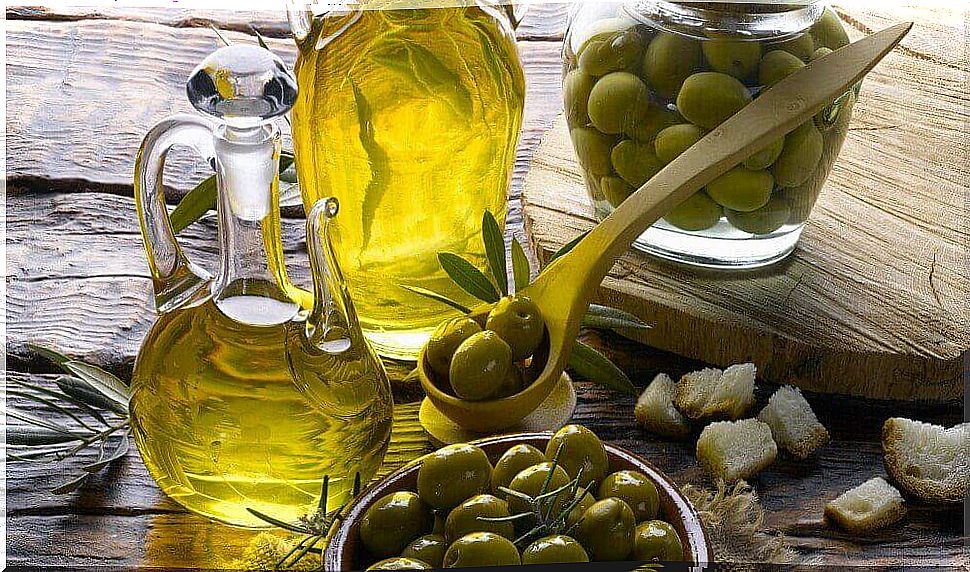
Extra virgin olive oil that has not been subjected to refining processes contains monounsaturated fatty acids that can help you manage your cholesterol levels, among other things.
The compounds prevent the oxidation of lipids in your blood vessels and improve the production of good cholesterol. This in turn can reduce the formation of plaque and also promote the breakdown of this plaque.
- Just two tablespoons of extra virgin olive oil a day is enough to reap the benefits.
- You can consume it as is, with some lemon juice, or add it to a recipe, for example.
4. Carrots
Vegetables are generally very beneficial when it comes to increasing good cholesterol levels. However, carrots stand out thanks to their content of beta-carotene, fiber, vitamins and minerals.
In general, these nutrients help to cleanse your bloodstream and also promote the transport of the bad cholesterol from your tissues to the liver. In this way, they facilitate their removal from your body.
- You can add carrots to salads, juices or smoothies.
- It is best to eat carrots at least three times a week.
5. Avocados
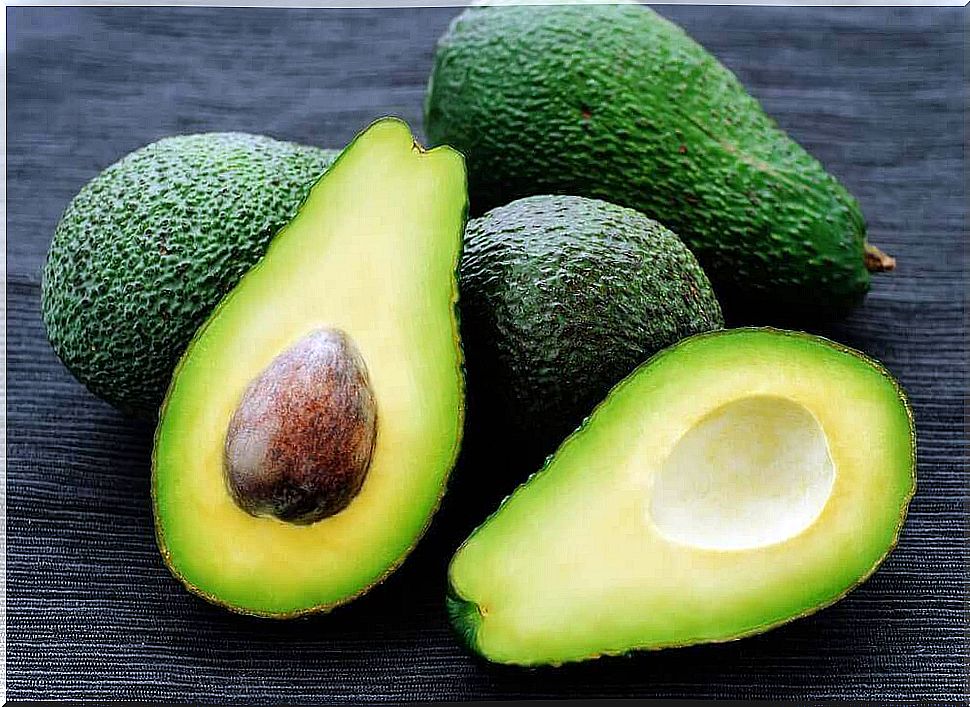
The nutrients in avocados are excellent for your cardiovascular health. Avocados contain omega 3 and 6 fatty acids, vitamin E and amino acids that work together to improve the function of your liver. In addition, they optimize the functioning of the good cholesterol in your bloodstream.
Regular consumption of avocados improves the production of prostaglandins. These are substances with vasodilating and anti-inflammatory effects that help improve your circulation.
- You can eat an avocado on its own or add it to salads and smoothies.
- For best results, add avocado to your diet at least three times a week.
6. Whole Grains
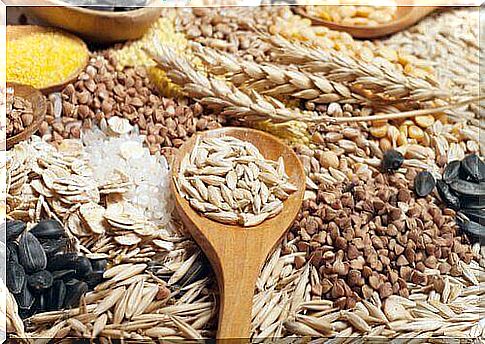
Whole grains contain high amounts of fiber, fatty acids and antioxidants that help keep your cholesterol levels in a healthy range. Oats, brown rice and rye flour also promote an increase in good cholesterol and also help your body eliminate bad cholesterol and triglycerides.
- We recommend consuming whole grains every day as part of your main meal or as a snack.
Are you concerned about your cardiovascular health? Do you want to control your cholesterol levels? Then don’t forget to eat these foods to increase the good cholesterol. You should also avoid refined and ultra-processed foods, as well as foods that raise bad cholesterol levels.
